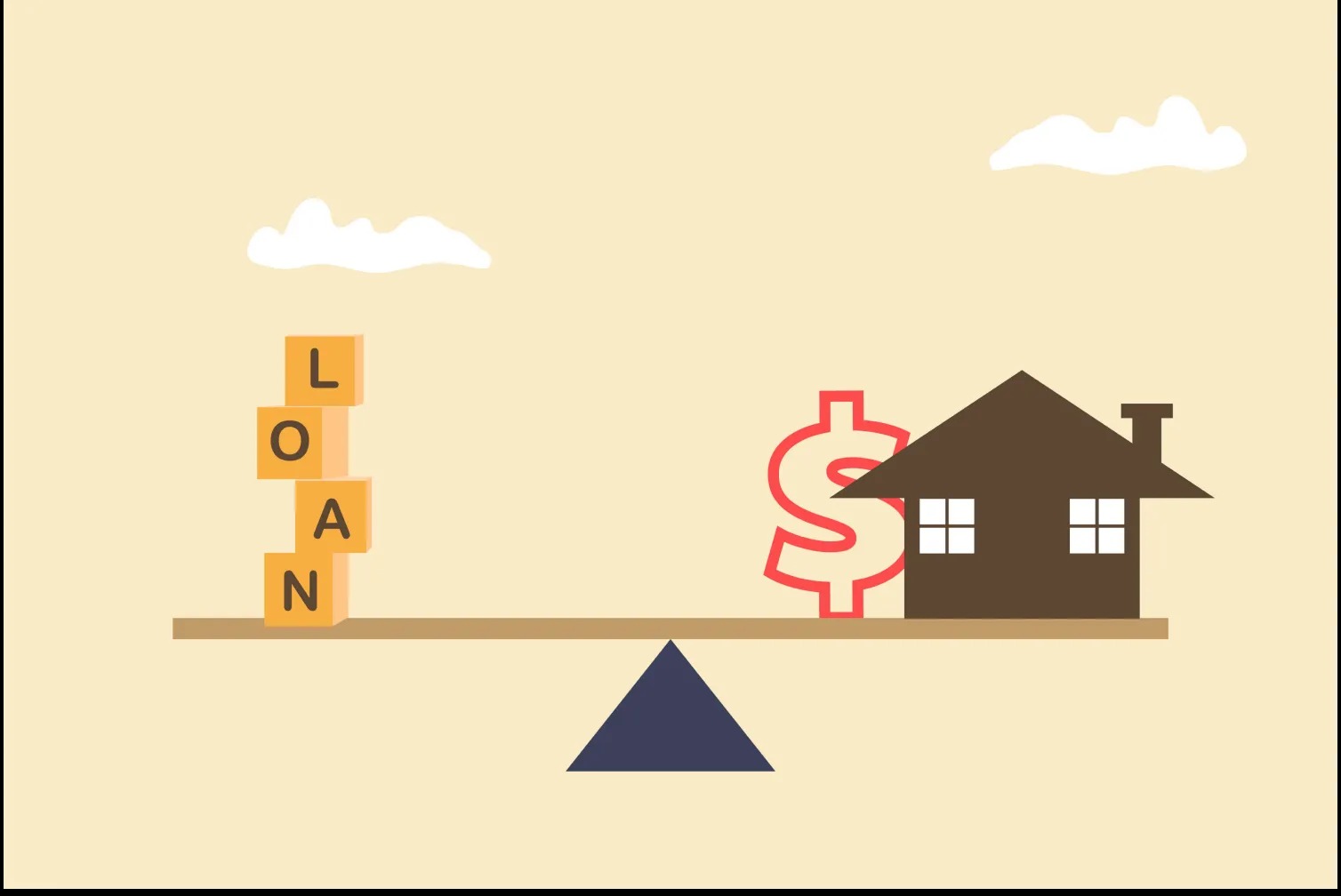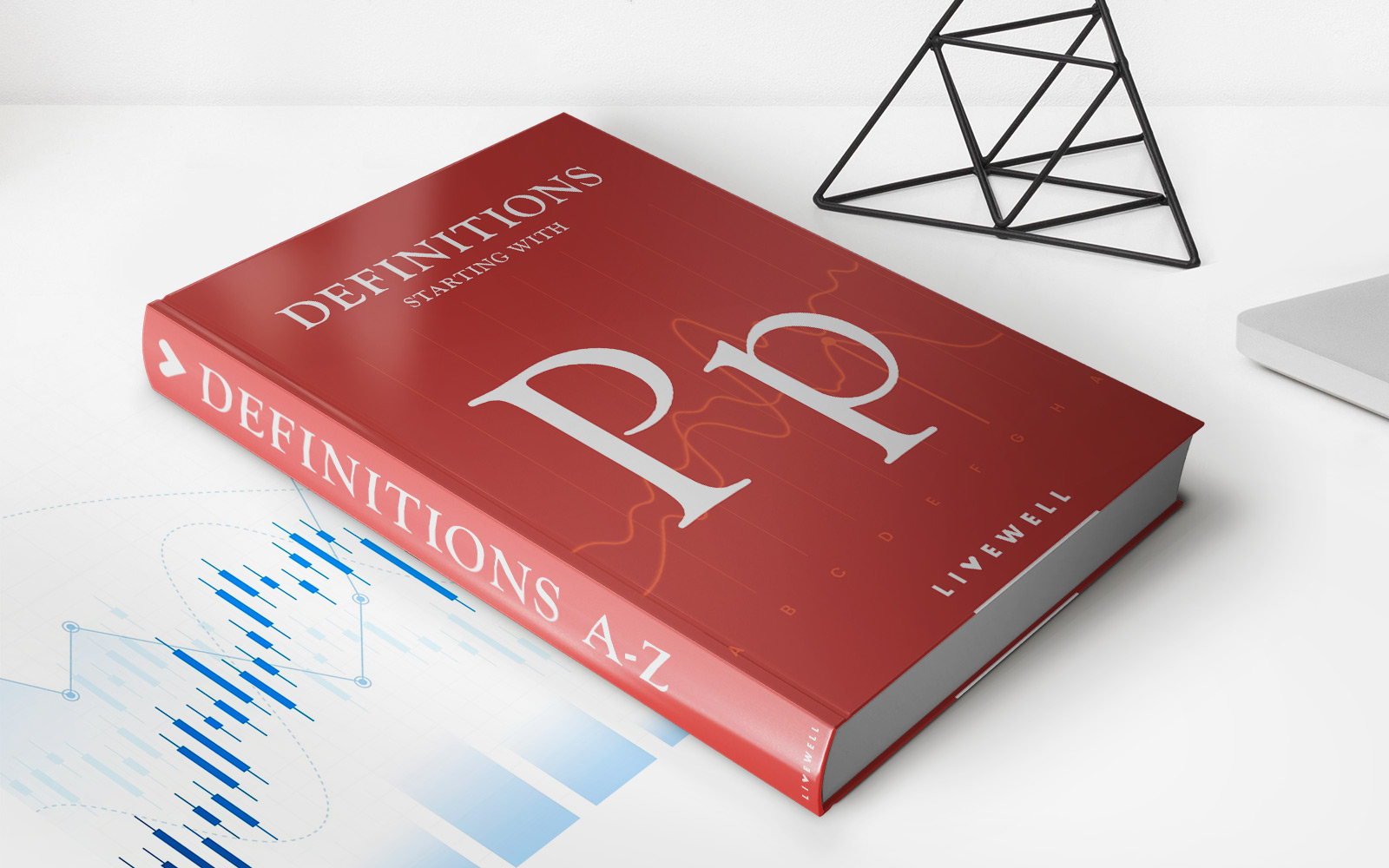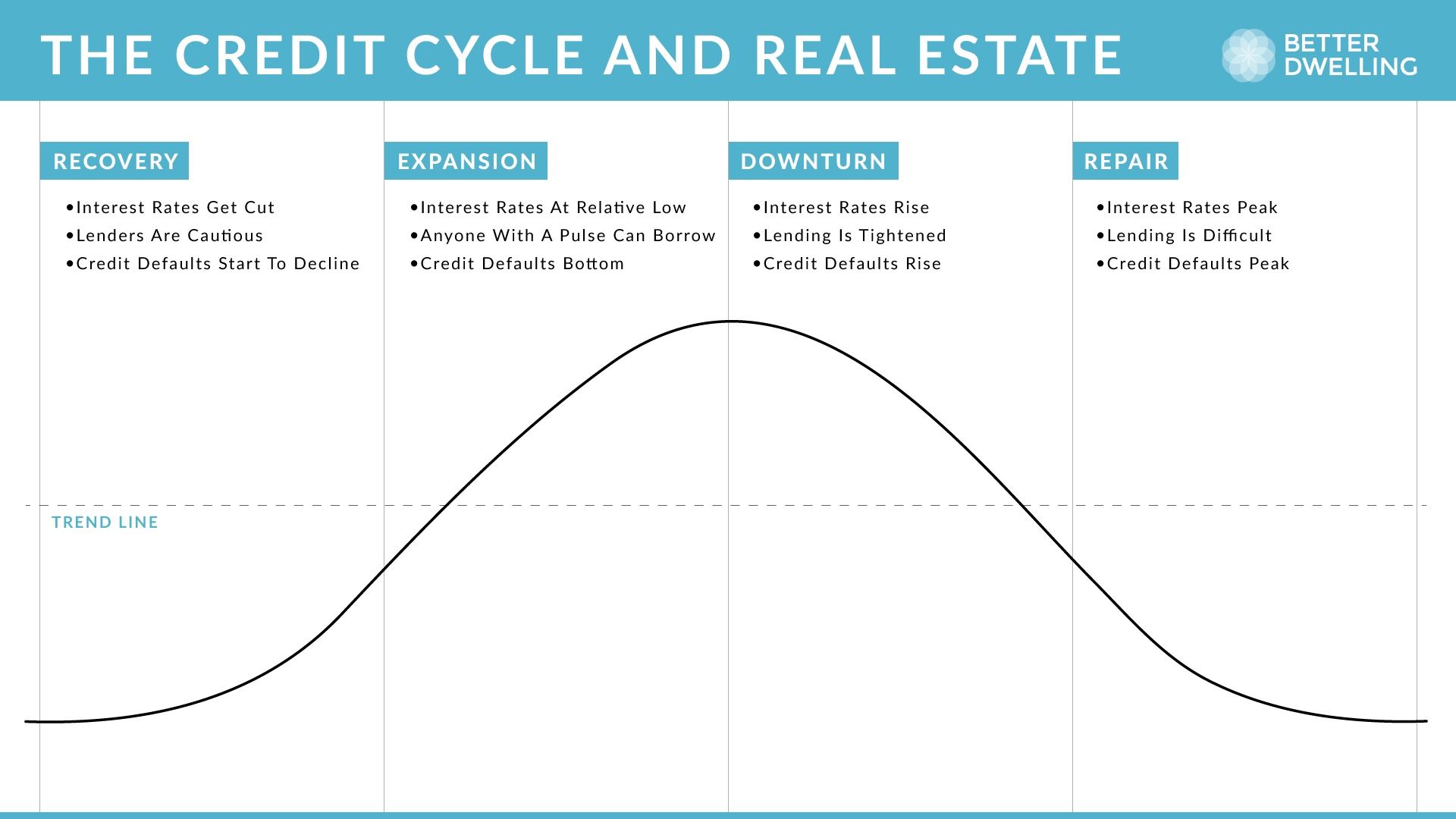

Finance
What Is The Grace Period To Pay A Mortgage?
Published: February 19, 2024
Learn about the grace period for mortgage payments and how it impacts your finances. Understand the implications of late payments and how to manage them effectively.
(Many of the links in this article redirect to a specific reviewed product. Your purchase of these products through affiliate links helps to generate commission for LiveWell, at no extra cost. Learn more)
Table of Contents
**
Introduction
**
Purchasing a home is a significant milestone for many individuals and families. Securing a mortgage is often a crucial step in making this dream a reality. However, managing mortgage payments effectively is equally important to sustain homeownership. Understanding the grace period associated with mortgage payments is essential for borrowers. This period offers a valuable buffer, providing additional time to submit payments without incurring penalties.
Amid the intricacies of mortgage agreements, comprehending the grace period is pivotal. This article delves into the concept of the grace period, shedding light on its significance and implications. By exploring its benefits and potential repercussions, borrowers can gain insights into leveraging this provision effectively. Furthermore, practical tips for optimizing the grace period will be discussed, empowering homeowners to navigate their mortgage responsibilities adeptly.
The grace period embodies a pivotal aspect of mortgage management, offering an invaluable cushion for borrowers. Delving into this topic unveils the nuances of mortgage dynamics, equipping readers with essential knowledge to navigate homeownership with confidence.
Understanding the Grace Period
When it comes to managing mortgage payments, the grace period serves as a crucial component of the overall repayment structure. The grace period is the specified duration after the due date during which a borrower can submit the mortgage payment without incurring late fees or facing negative credit reporting. While the standard grace period is typically around 15 days, it’s imperative for borrowers to refer to their mortgage agreement to ascertain the exact timeframe.
During the grace period, borrowers retain the opportunity to make their payment without experiencing adverse consequences. This period acts as a safeguard, acknowledging that unforeseen circumstances or logistical challenges may occasionally impede prompt payment. It provides borrowers with a reasonable window to fulfill their financial obligation without incurring penalties.
It’s important to note that while mortgage payments made within the grace period are not penalized, interest may accrue during this time. Therefore, it’s advisable for borrowers to submit payments promptly to minimize the long-term financial impact. Understanding the nuances of the grace period empowers borrowers to navigate their mortgage responsibilities adeptly, fostering a sense of financial control and stability.
Benefits of the Grace Period
The grace period offers several significant advantages for mortgage borrowers. Firstly, it provides a buffer for unforeseen financial constraints or unexpected expenses, offering a degree of flexibility in managing monthly payments. This can be particularly beneficial during periods of economic uncertainty or personal financial challenges, providing borrowers with a brief respite to address pressing financial matters without facing immediate penalties.
Moreover, the grace period cultivates a sense of reassurance and peace of mind for borrowers. It acknowledges the potential for logistical delays in payment processing or other administrative hurdles, ensuring that borrowers are not unduly penalized for circumstances beyond their control. This element of leniency contributes to a more amicable and supportive borrower-lender dynamic, fostering a mutually beneficial relationship.
Additionally, the grace period can serve as a strategic tool for optimizing cash flow management. Borrowers can leverage this window to align their mortgage payment with other financial commitments, thereby streamlining their overall budgeting process. This synchronization can contribute to a more organized and sustainable approach to financial planning, enhancing the borrower’s financial well-being.
Furthermore, the grace period can act as a safeguard against inadvertent oversights or administrative errors. It offers a brief yet crucial window for rectifying any potential discrepancies in payment processing or addressing misunderstandings related to the mortgage payment schedule. This preventative function contributes to the overall reliability and accountability of the mortgage repayment process.
Overall, the grace period represents a valuable feature of mortgage agreements, offering borrowers a degree of flexibility, understanding, and strategic leverage in managing their financial obligations. By recognizing and harnessing the benefits of the grace period, borrowers can navigate their mortgage responsibilities with greater confidence and resilience.
Consequences of Missing the Grace Period
While the grace period provides a valuable cushion for mortgage borrowers, missing this window can lead to several significant repercussions. Foremost among these is the imposition of late fees, which can exacerbate financial strain and disrupt the borrower’s budgeting framework. These fees not only contribute to immediate financial burdens but can also have a compounding effect, impacting subsequent mortgage payments and overall financial stability.
Moreover, missing the grace period may result in adverse effects on the borrower’s credit score. Timely mortgage payments are instrumental in maintaining a positive credit history, and any delays or defaults can tarnish this vital financial metric. A lower credit score can have far-reaching implications, affecting the borrower’s ability to secure favorable loan terms in the future and potentially hindering other financial endeavors.
Furthermore, consistent failure to adhere to the grace period and submit payments promptly may lead to more severe consequences, including the initiation of foreclosure proceedings. While this is typically a last resort for lenders, persistent delinquency can prompt the lender to take legal action to reclaim the property, jeopardizing the borrower’s homeownership and financial stability.
Additionally, missing the grace period frequently can strain the borrower-lender relationship, eroding trust and rapport. This can manifest in heightened scrutiny from the lender, increased communication regarding payment reminders, and a generally less amicable interaction. Such strains can contribute to heightened stress and anxiety for the borrower, further underscoring the importance of adhering to the grace period.
Overall, missing the grace period can precipitate a cascade of adverse outcomes, ranging from immediate financial burdens to long-term implications on credit and homeownership. It underscores the critical importance of honoring the grace period and maintaining timely mortgage payments to safeguard financial stability and preserve a positive borrower-lender relationship.
How to Take Advantage of the Grace Period
Effectively leveraging the grace period entails a proactive and strategic approach to mortgage management. To maximize the benefits of this provision, borrowers can adopt several prudent practices. Firstly, it is advisable to maintain a meticulously organized payment schedule, ensuring that the due date and the grace period timeframe are consistently accounted for in financial planning. This attentiveness minimizes the risk of inadvertently missing the grace period and incurring penalties.
Furthermore, it is beneficial for borrowers to establish a financial cushion to address potential delays or unforeseen circumstances that may impact their ability to make timely payments. Building an emergency fund or allocating funds specifically for mortgage payments can provide a safety net, mitigating the risk of missing the grace period due to financial constraints.
Regular communication with the lender is also instrumental in optimizing the grace period. In the event of anticipated payment challenges, open dialogue with the lender can lead to mutually agreeable solutions, such as temporary payment adjustments or alternative arrangements, thereby circumventing the negative implications of missing the grace period.
Employing digital payment methods and automated reminders can streamline the payment process and bolster adherence to the grace period. Leveraging technology to schedule payments and receive timely alerts can fortify the borrower’s ability to meet payment deadlines consistently, reducing the likelihood of overlooking the grace period.
Moreover, it is prudent for borrowers to stay informed about any changes to their mortgage agreement, including adjustments to the grace period duration or related policies. Remaining abreast of such developments empowers borrowers to adapt their financial planning accordingly, ensuring continued alignment with the terms of the mortgage agreement.
By embracing these proactive measures, borrowers can harness the grace period as a strategic tool for managing their mortgage obligations effectively. This proactive approach fosters financial stability, cultivates a positive borrower-lender relationship, and enhances overall confidence in navigating the intricacies of homeownership.
Conclusion
The grace period associated with mortgage payments embodies a pivotal facet of responsible homeownership. Understanding and capitalizing on this provision is instrumental in fostering financial stability and preserving a positive borrower-lender dynamic. By providing a brief yet invaluable window for submitting payments without incurring penalties, the grace period offers borrowers flexibility, reassurance, and strategic leverage in managing their mortgage obligations.
Recognizing the benefits of the grace period, including its role in mitigating financial strain, optimizing cash flow management, and safeguarding against administrative errors, empowers borrowers to navigate their mortgage responsibilities with confidence and resilience. Furthermore, acknowledging the potential consequences of missing the grace period underscores the imperative of adhering to payment deadlines and maintaining open communication with lenders.
Proactive measures, such as meticulous financial planning, open dialogue with lenders, and leveraging digital payment tools, enable borrowers to capitalize on the grace period effectively. By embracing these practices, borrowers can fortify their financial position, minimize the risk of late fees and credit score implications, and preserve their homeownership stability.
In essence, the grace period is not merely a technical aspect of mortgage agreements; it is a vital mechanism for fostering financial well-being and sustaining a harmonious borrower-lender relationship. By embracing the nuances of the grace period and integrating it into their financial management approach, borrowers can navigate the complexities of homeownership with prudence, confidence, and a proactive mindset, ensuring long-term stability and peace of mind.














